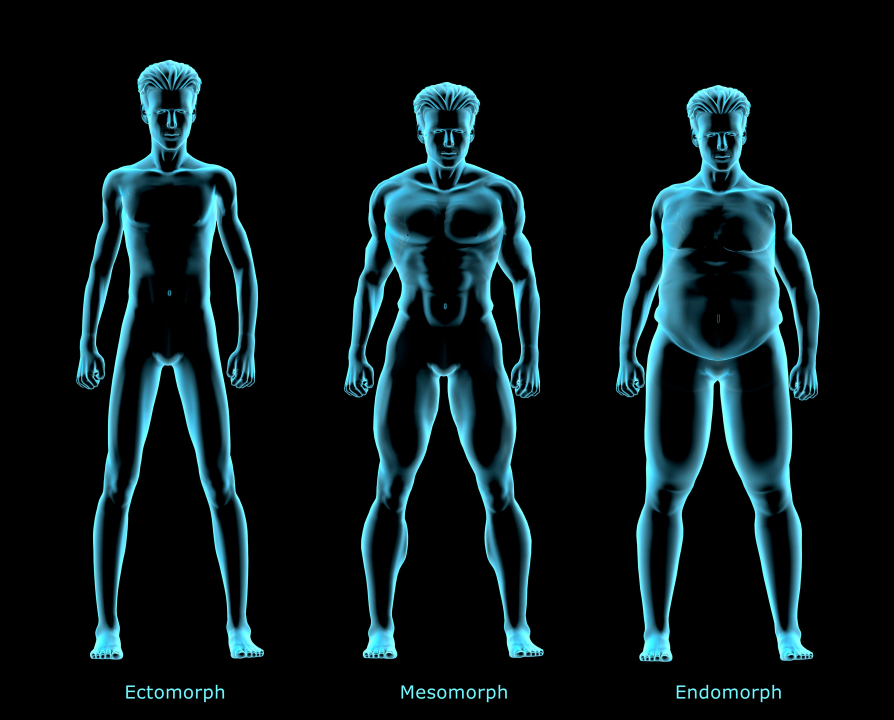The 3 Most Important Factors in Building Muscle
- Finn Glenn

- Oct 11, 2023
- 3 min read
What's one of the top goals of many fitness enthusiasts? Build muscle is right up there. Whether you're aiming to increase strength, improve your physique, or enhance your overall health, understanding the key factors in muscle growth will always be essential. What are the three most important factors that contribute to building muscle effectively? Thanks for asking.

Progressive Overload
Progressive overload is the cornerstone of muscle growth. It's a principle that involves gradually increasing the demands placed on your muscles over time. When you consistently challenge your muscles with heavier weights or higher resistance, they adapt by growing stronger and larger.
How to Apply Progressive Overload:
Increase the weight: Gradually add more weight to your exercises as you become stronger. There is no rush to load up tons of weight. Baby steps all the way.
Increase intensity: Modify exercises to make them more challenging, like changing the angle or using different equipment. It's important that you force your muscles to adapt. Intensity is a key ingredient.
Maintain proper form: Ensure you maintain correct exercise form to prevent injuries as you increase the load. Knowing what good form looks like may require you to use a mirror or ask for help from others with more experience. You want to keep your body mechanics flowing in a natural state.
2. Nutrition
Proper nutrition is crucial for muscle growth. Muscles require adequate nutrients, especially protein, to repair and grow after exercise. A balanced diet that includes the right mix of macronutrients (protein, carbohydrates, and fats) and micronutrients (vitamins and minerals) is essential for supporting muscle development.

Key Nutritional Guidelines for Building Muscle:
Protein intake: Consume enough protein to support muscle repair and growth. A general guideline is to aim for 1.2 to 2.2 grams of protein per kilogram of body weight per day. This will all depend on what stage of training you are in from a developmental point of view. Your age, gender and health history should be considered to personalize the level of protein required.
Caloric surplus: To gain muscle mass, you need to consume more calories than your body burns. However, avoid excessive calorie surplus, as it may lead to unnecessary fat gain. Keep in mind that this one will be the easiest one to screw up. Depending on your body type, the rate at which your metabolism processes calories will vary from friends or family who might be doing the same thing. Be mindful of over-eating.
Balanced diet: Include a variety of nutrient-dense foods in your diet to ensure you get all the essential vitamins and minerals required for muscle growth. Keep as all natural as possible.

3. Recovery and Rest
Many people underestimate the importance of rest and recovery in the muscle-building process. Muscles need time to repair and grow stronger after intense workouts. Without adequate rest, you risk overtraining. This can hinder progress and increase the risk of injury.
How to Optimize Recovery:
Sleep: Aim for 7-9 hours of quality sleep per night, as this is when your body does most of its repairing and rebuilding.
Rest days: Incorporate regular rest days into your training program to allow muscles to recover fully.
Nutrition: Consume post-workout meals that contain protein and carbohydrates to replenish glycogen stores and support muscle repair.
Stretching and mobility work: Incorporate stretching and mobility exercises to prevent muscle tightness and reduce the risk of injury.
Building muscle requires a multifaceted approach that includes progressive overload, proper nutrition, and adequate recovery. By understanding and implementing these three crucial factors, you can optimize your muscle-building efforts and achieve your fitness goals more effectively. Remember that building muscle is a gradual process. Consistency in your training and nutrition habits is key to long-term success.








































Comments